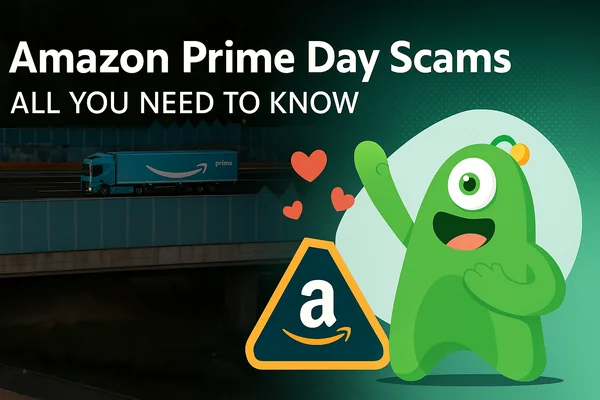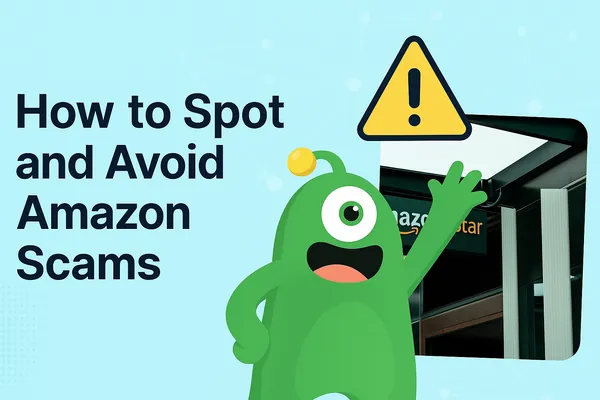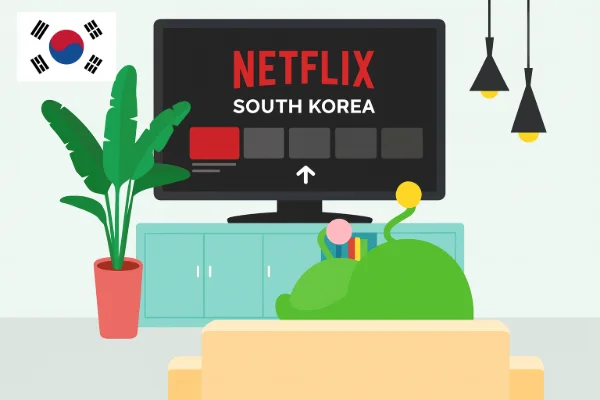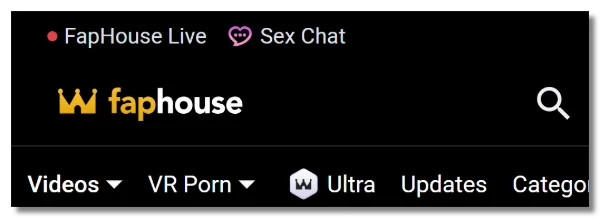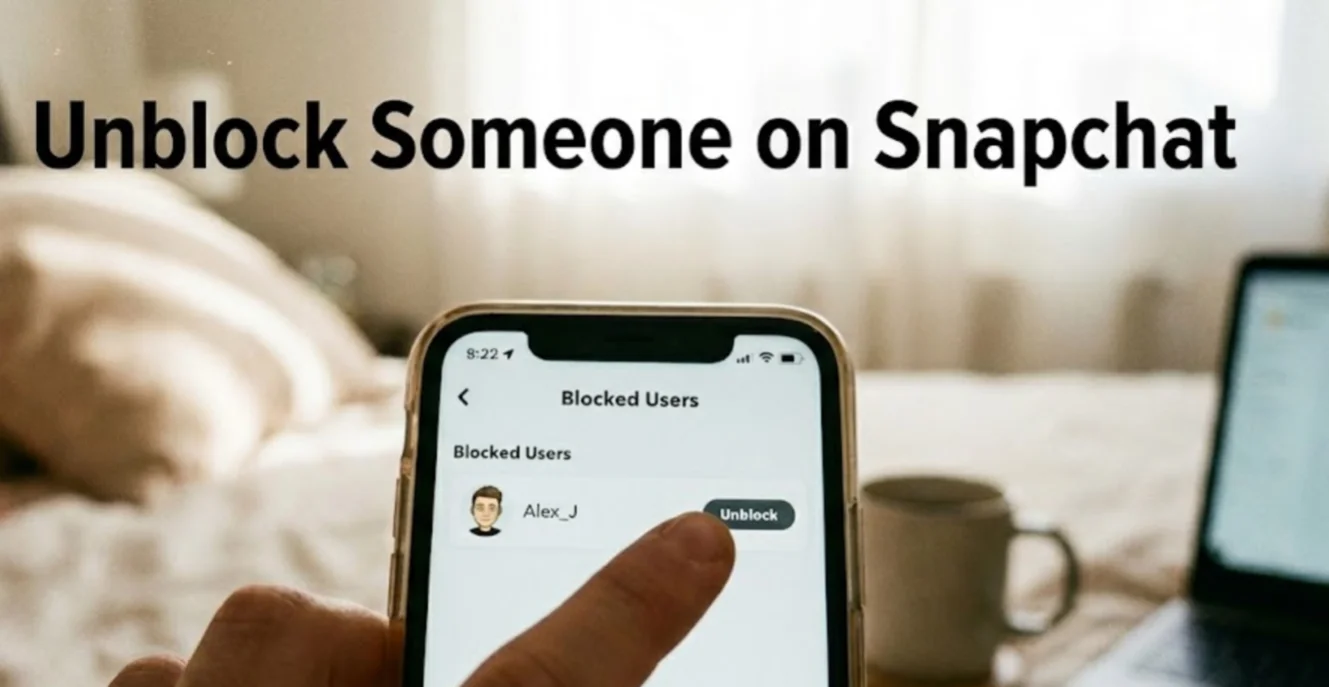What is the Nigerian Prince scam?
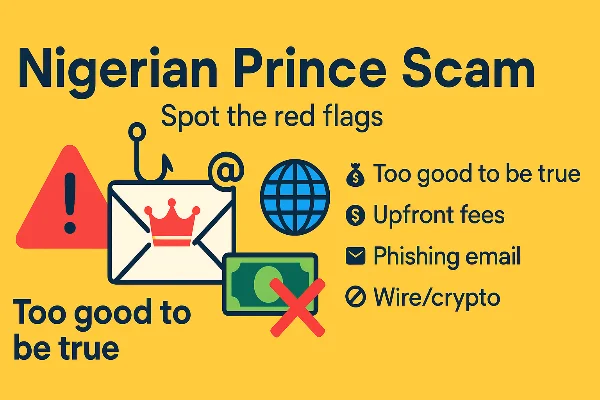
The Nigerian Prince scam is a form of advance-fee fraud (often called a 419 scam) in which a fraudster pretends to be royalty, a government official, or an executor of a will who “just needs your help” moving a large sum of money. In exchange for small “processing” or “tax” payments, victims are promised a massive reward later. The Nigerian Prince scam relies on fake identities, forged documents, and prolonged email threads that create false credibility. While the branding references Nigeria, the Nigerian Prince scam can originate from anywhere and may use any nationality, title, or backstory.
Why the scam persists
-
It plays on greed and altruism at the same time.
-
The Nigerian Prince scam script is easy to clone and personalize.
-
Criminals now automate outreach at scale with email lists, bots, and social search.
How the Nigerian Prince scam works
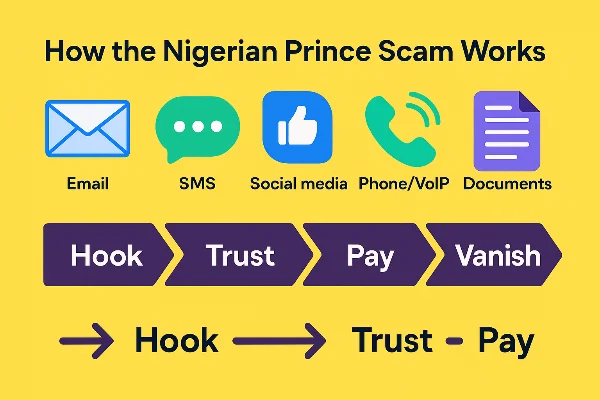
Criminals run the Nigerian Prince scam across multiple channels and adjust the pitch to the platform:
-
Email: Long, formal messages with fabricated seals or letterheads. Follow-ups escalate urgency (“funds will be lost without your help”).
-
Text/WhatsApp/DMs: Short “I need your assistance” notes that move you to email, where the Nigerian Prince scam goes long-form.
-
Phone calls/VoIP: “Lawyers” or “bank officials” confirm details and push payments; caller ID can be spoofed.
-
Documents: Fake passports, wire instructions, bank letters, or court orders reinforce the Nigerian Prince scam narrative.
Common playbook:
-
Hook: inheritance, stranded diplomat, oil contract, disaster relief, or locked treasury fund.
-
Trust-building: long emails, polite tone, “confidentiality” language.
-
The ask: first “small” fee (tax, notarization, courier).
-
Sunk-cost spiral: more fees (currency conversion, “unexpected audits”).
-
Vanish: once payments stop, the Nigerian Prince scam account disappears.
How to spot a Nigerian Prince scam
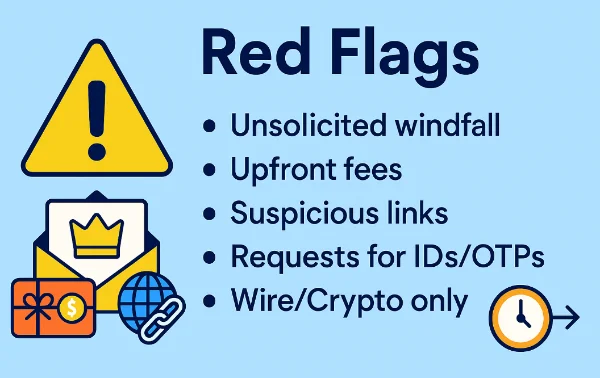
Use this fast checklist before you reply or click:
-
Unsolicited windfall: Any stranger offering millions is a hallmark of the Nigerian Prince scam.
-
Odd addresses: Free webmail, misspelled domains, or sudden switches between accounts.
-
Vague specifics: Big money, tiny details. Names, banks, and locations feel generic.
-
Pressure + secrecy: “Act now,” “keep this confidential,” or “funds will be seized.”
-
Attachment traps: PDFs/Word files asking you to enable macros or open banking forms.
-
Payment method bias: Gift cards, wire transfers, crypto, or “courier fees” only—classic Nigerian Prince scam behavior.
-
Requests for sensitive data: Passport scans, bank numbers, or one-time codes.
-
Too-perfect documents: Seals, stamps, and signatures that don’t match real institutions.
If two or more appear, you’re likely staring at the Nigerian Prince scam—stop and verify independently.
Real-world variants and lookalikes

The Nigerian Prince scam continues to mutate. Watch for these cousins:
-
Executor/inheritance emails: A “law firm” found you as a namesake beneficiary.
-
Charity/relief pitches: Tragedy-themed Nigerian Prince scam pitches after disasters.
-
Government refund schemes: “Tax refunds” or “customs release fees.”
-
Romance-money blends: A “widowed royal” or “diplomat” who needs help moving funds combines romance fraud with the Nigerian Prince scam.
-
Business email compromise lite: Impersonation of executives to move “project funds,” echoing Nigerian Prince scam tactics inside companies.
All share a DNA: unexpected riches + upfront payment + secrecy = the Nigerian Prince scam.
Protection checklist with smart network hygiene
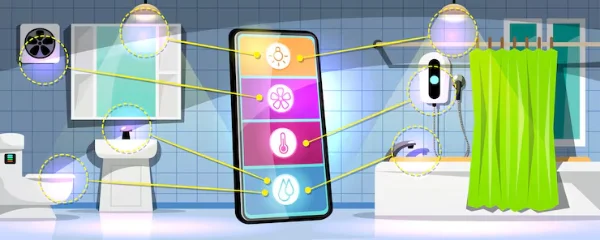
You can’t stop criminals from sending messages, but you can make the Nigerian Prince scam harmless to you:
Verify before you engage
-
Never trust unsolicited riches. Search key names/phrases plus “scam.”
-
Call the official organization via a number from its website—never the number in the Nigerian Prince scam email.
Lock down accounts
-
Turn on password manager + unique passwords for email and banking.
-
Enable two-factor authentication (app-based codes preferred).
-
Set up login alerts so you know when an account is accessed.
Safer connections (where a VPN helps)
-
When checking suspicious messages on café, hotel, or airport Wi-Fi, use free proxy VPN in UFO VPN to encrypt traffic and reduce on-path snooping.
-
Remember: a VPN secures the connection you use to verify; it doesn’t legitimize any Nigerian Prince scam.
⬇️4 Steps to Get Your Best Helper⬇️
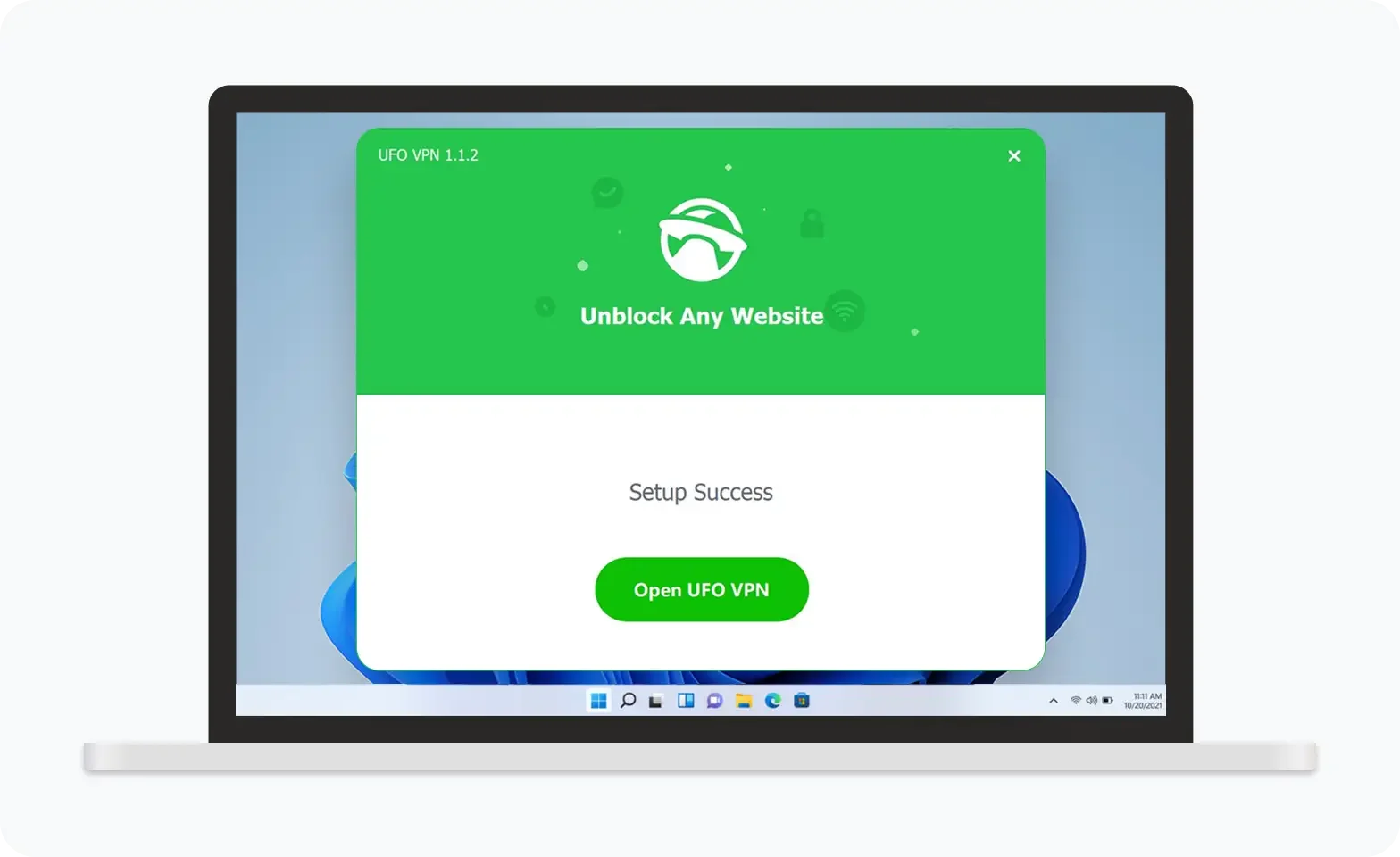
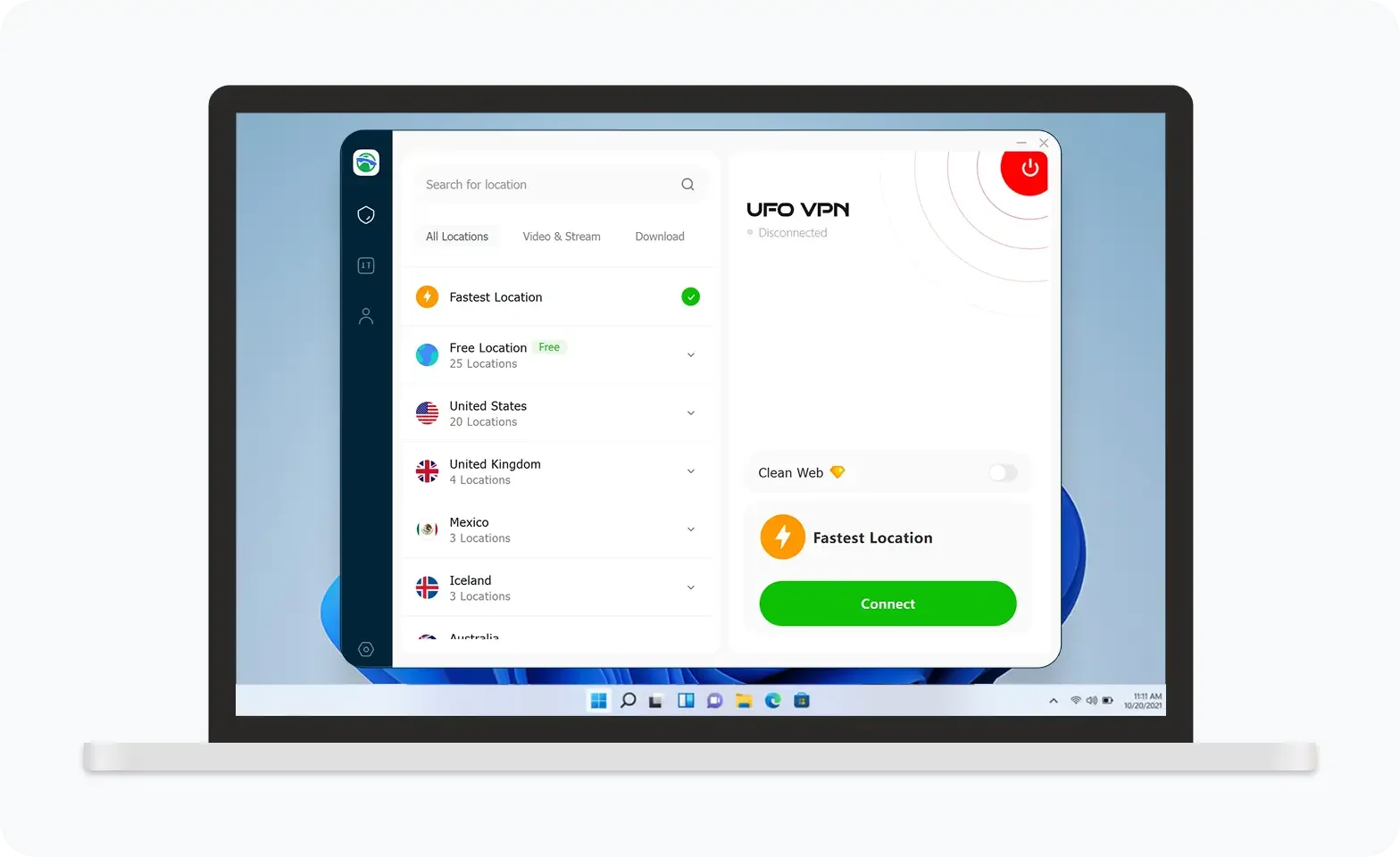
UFO VPN is an all-in-one VPN that offers unlimited access to 4D streaming like Netlfix, Disney Plus, no-ping gaming as PUBG, Roblox, CODM and social networking for YouTube, X, Facebook and more.
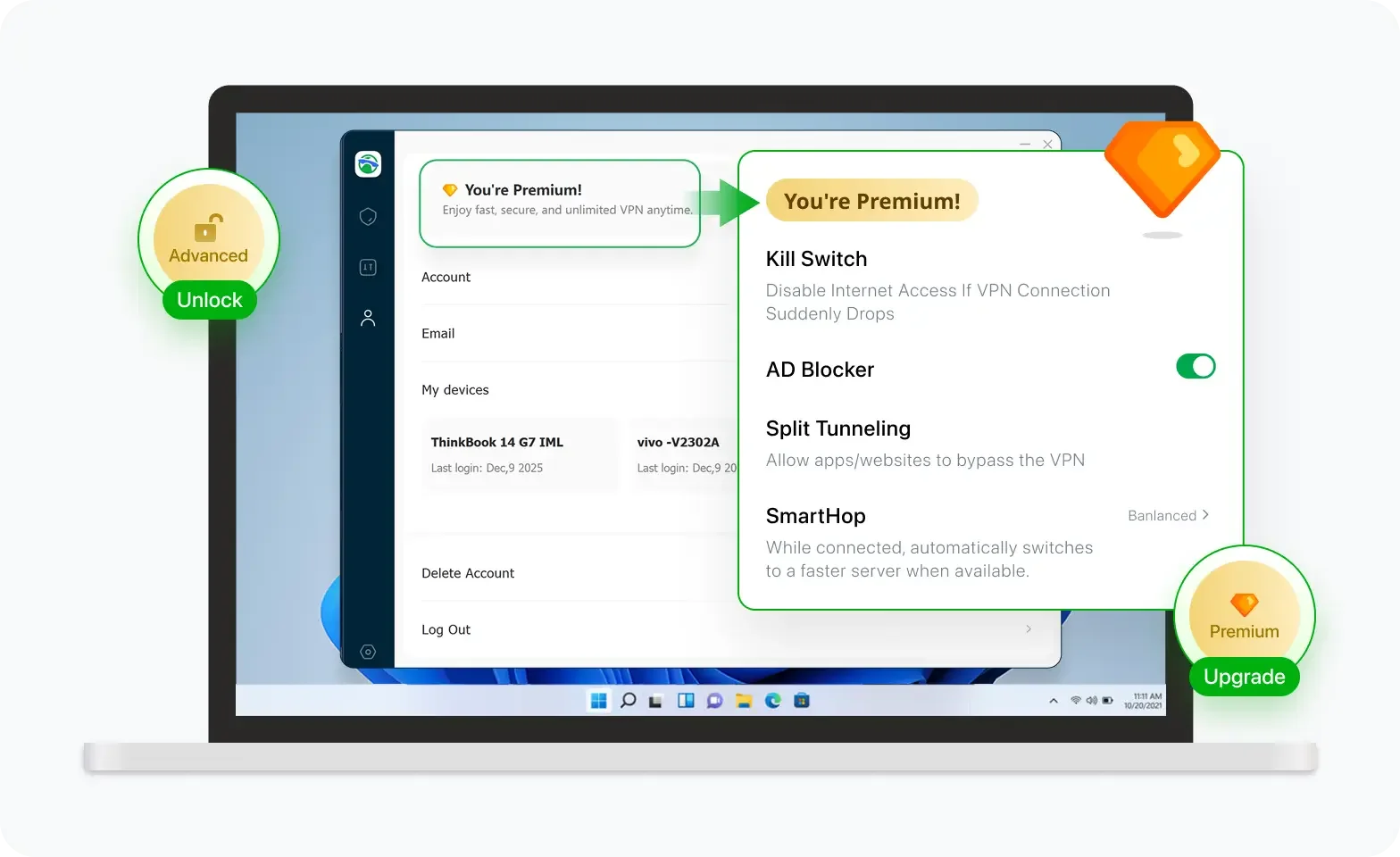
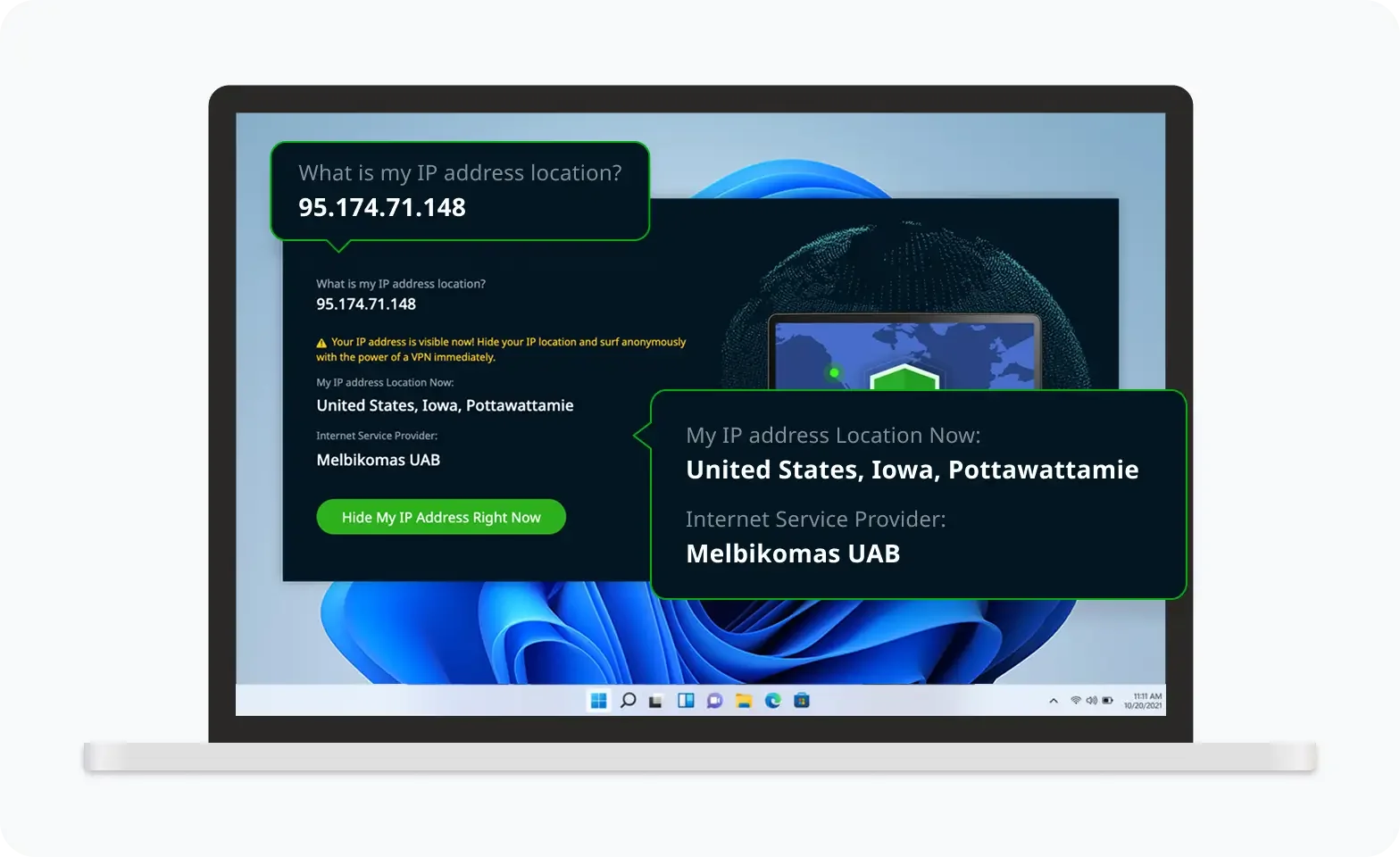
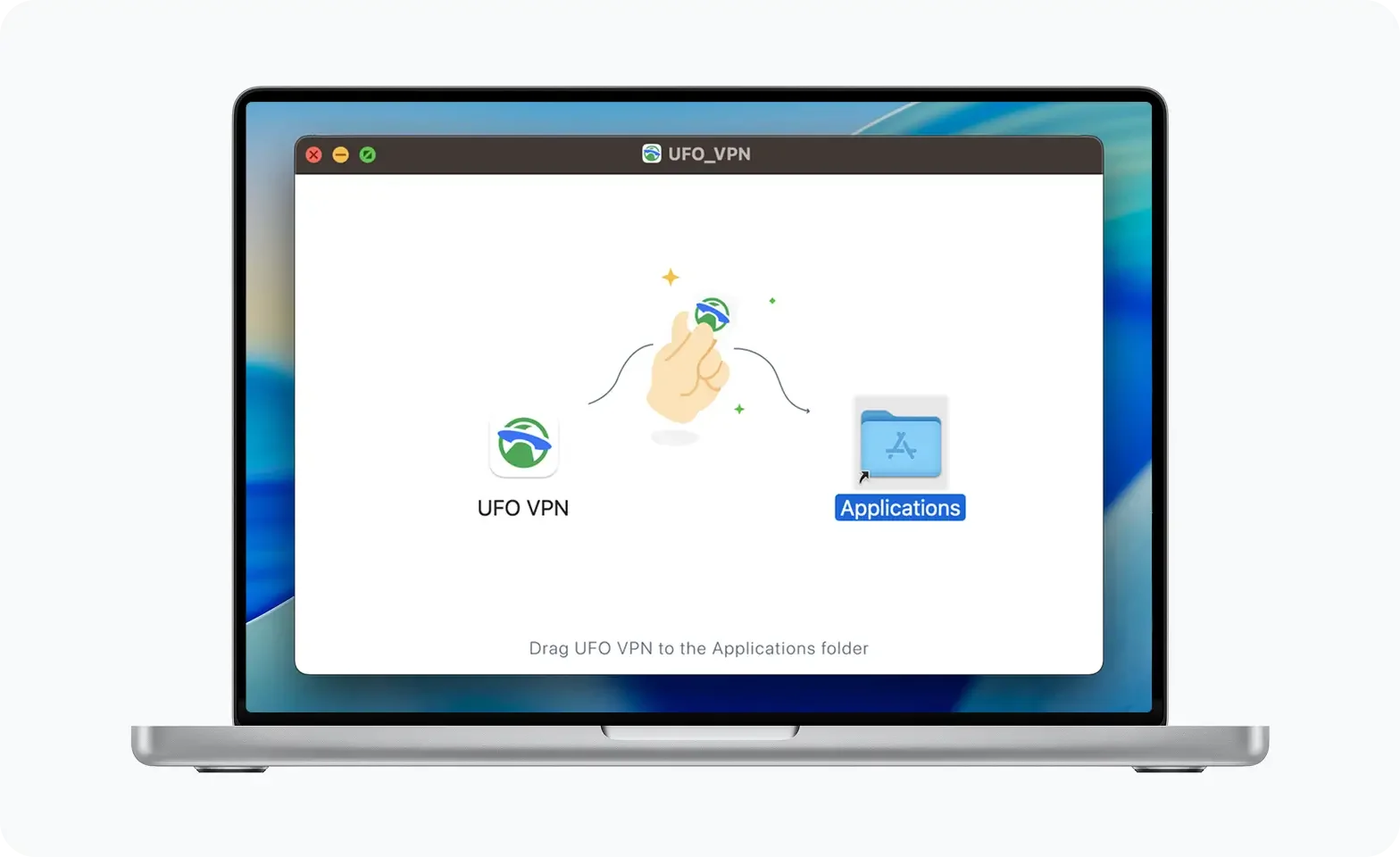
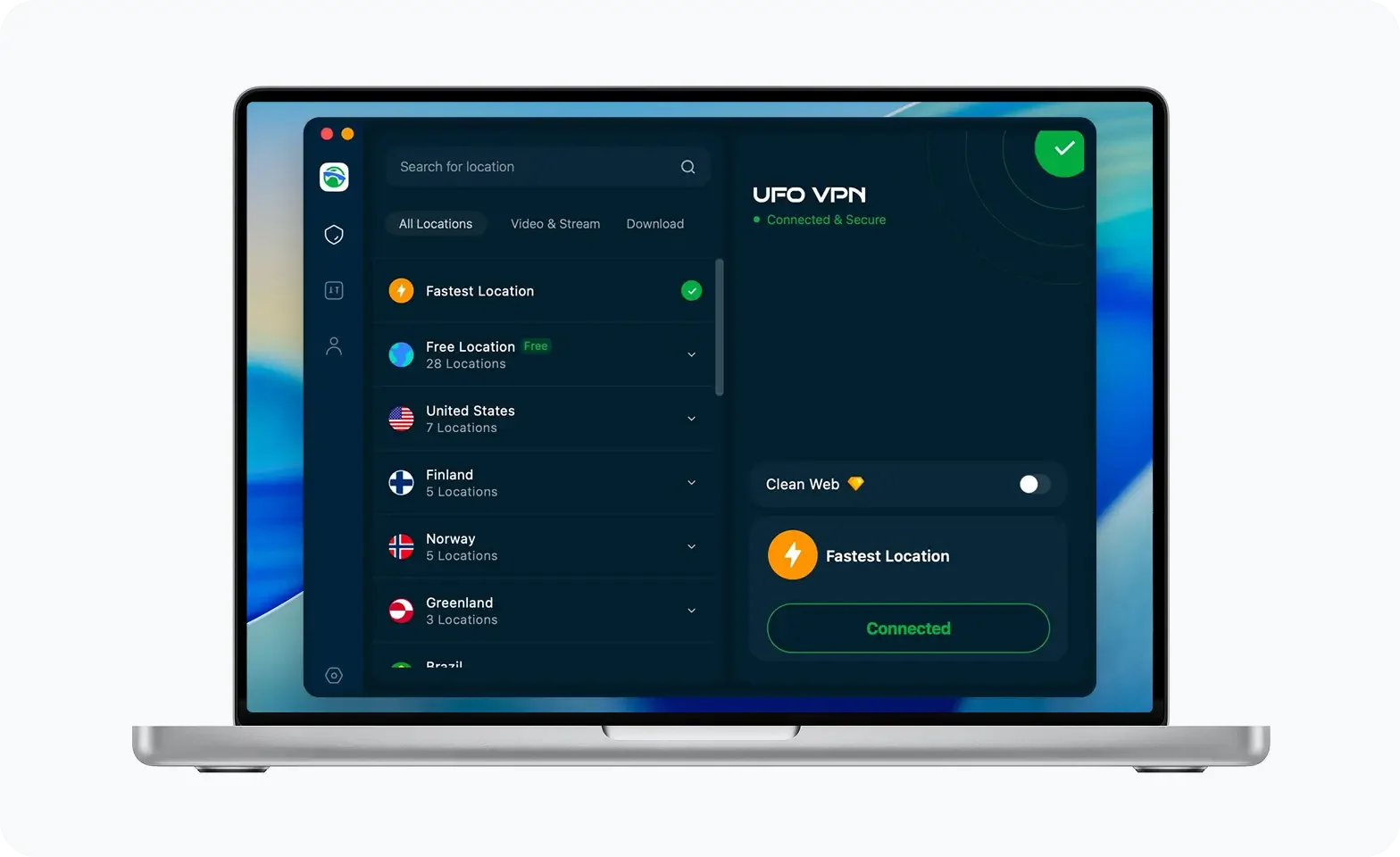
Unlock Pro Features
If you have upgraded to premium plan , feel free to enjoy premium servers for 4K streaming and advanced features like Kill Switch, Split Tunneling, and gaming acceleration. Your Mac is now fully optimized and protected. Inaddition to basic functions, we recommend you turn on

Verify Your IP Now
Use UFO VPN's " What is My IP " feature to see your new IP and location. This confirms your connection is secure, anonymous, and ready for safe browsing online anywhere at any time.

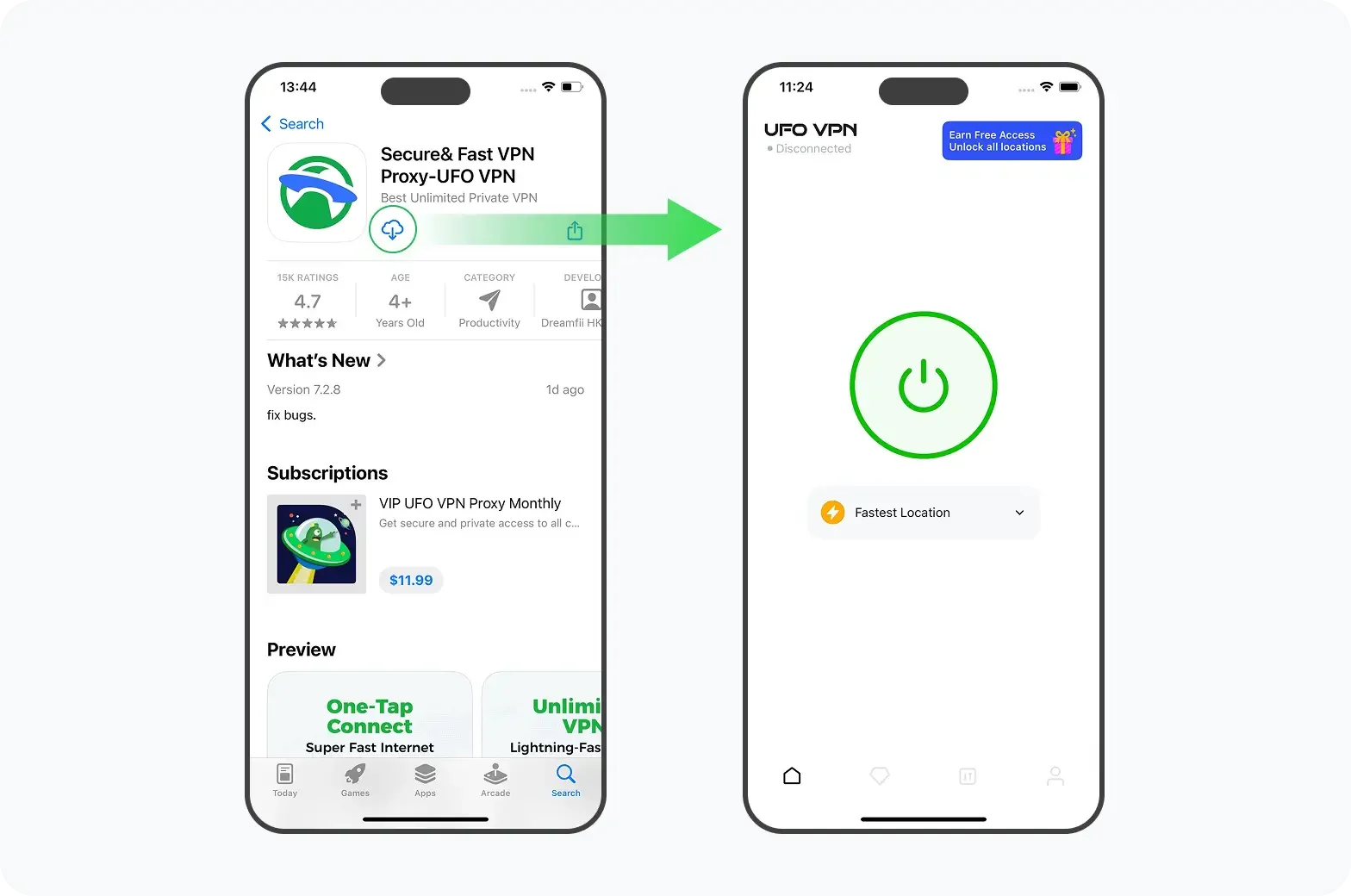
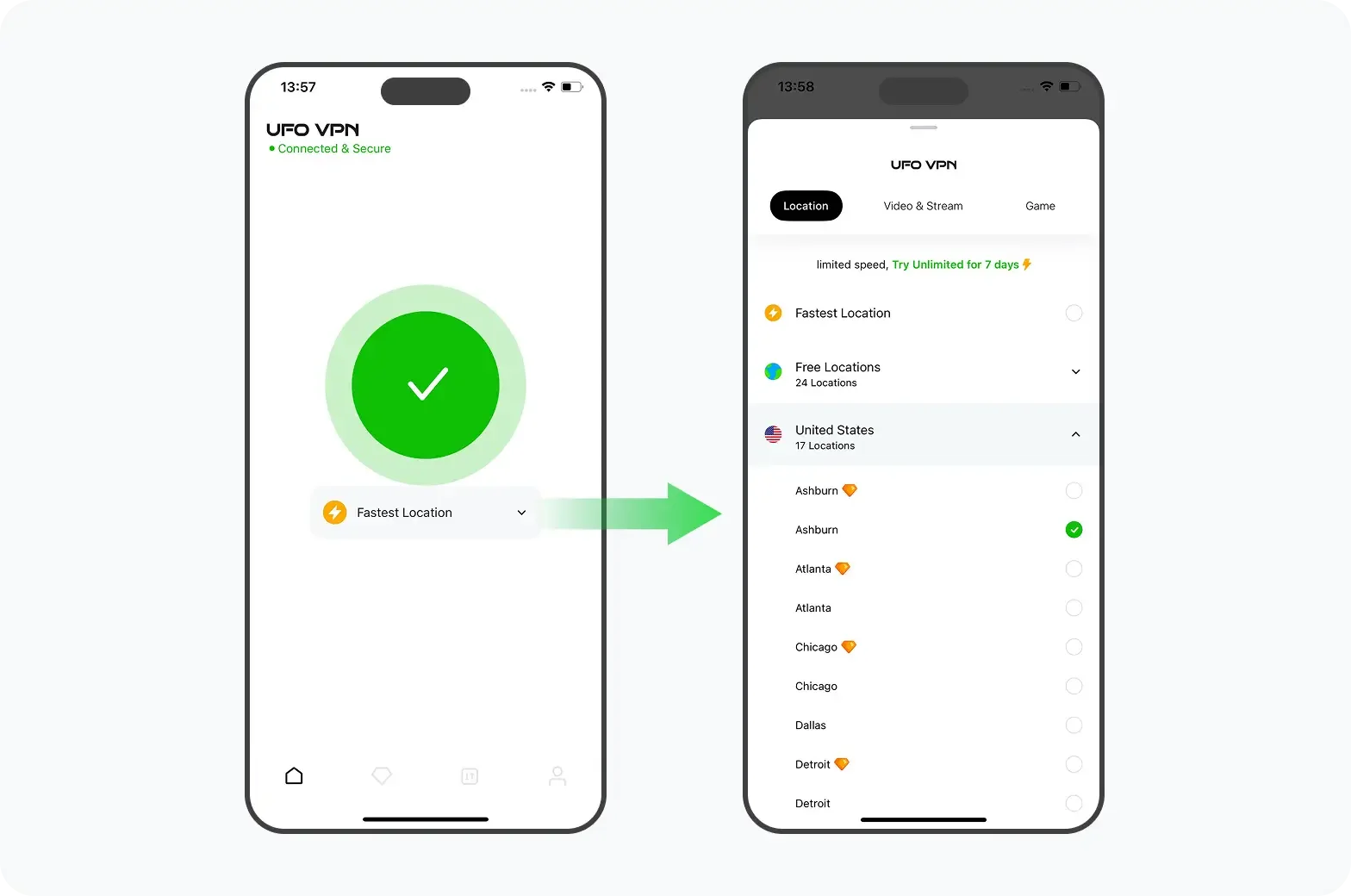
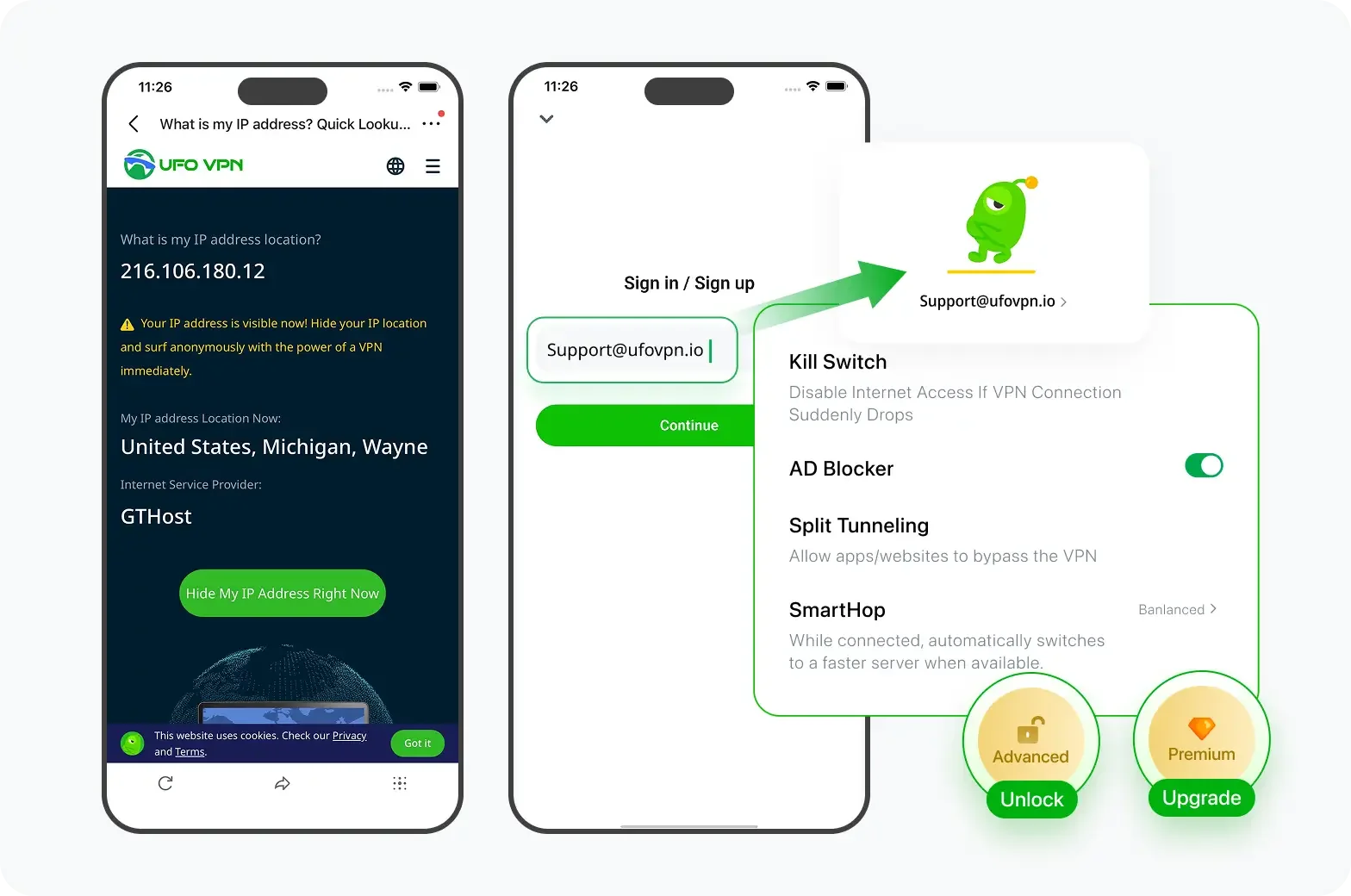
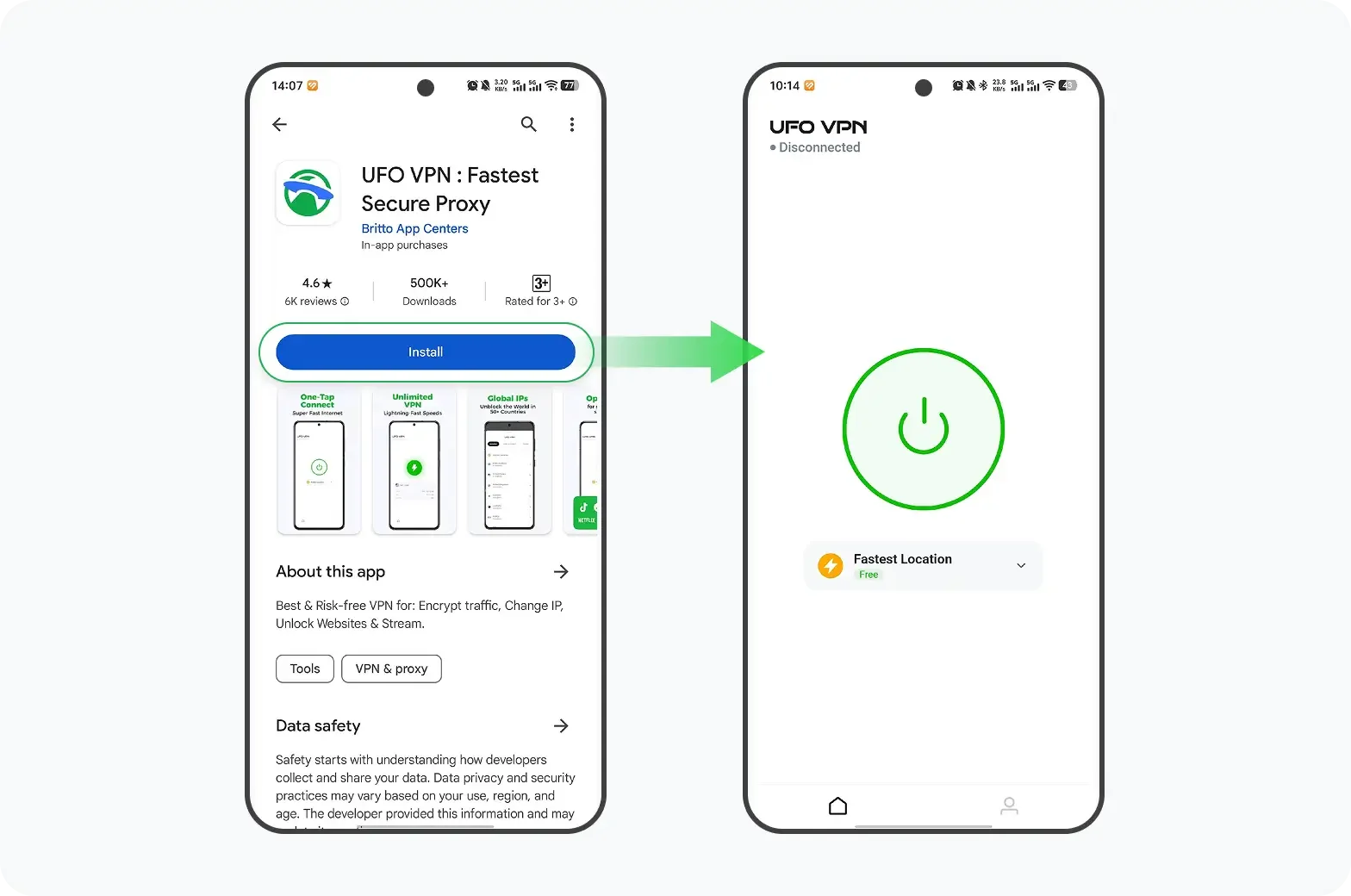
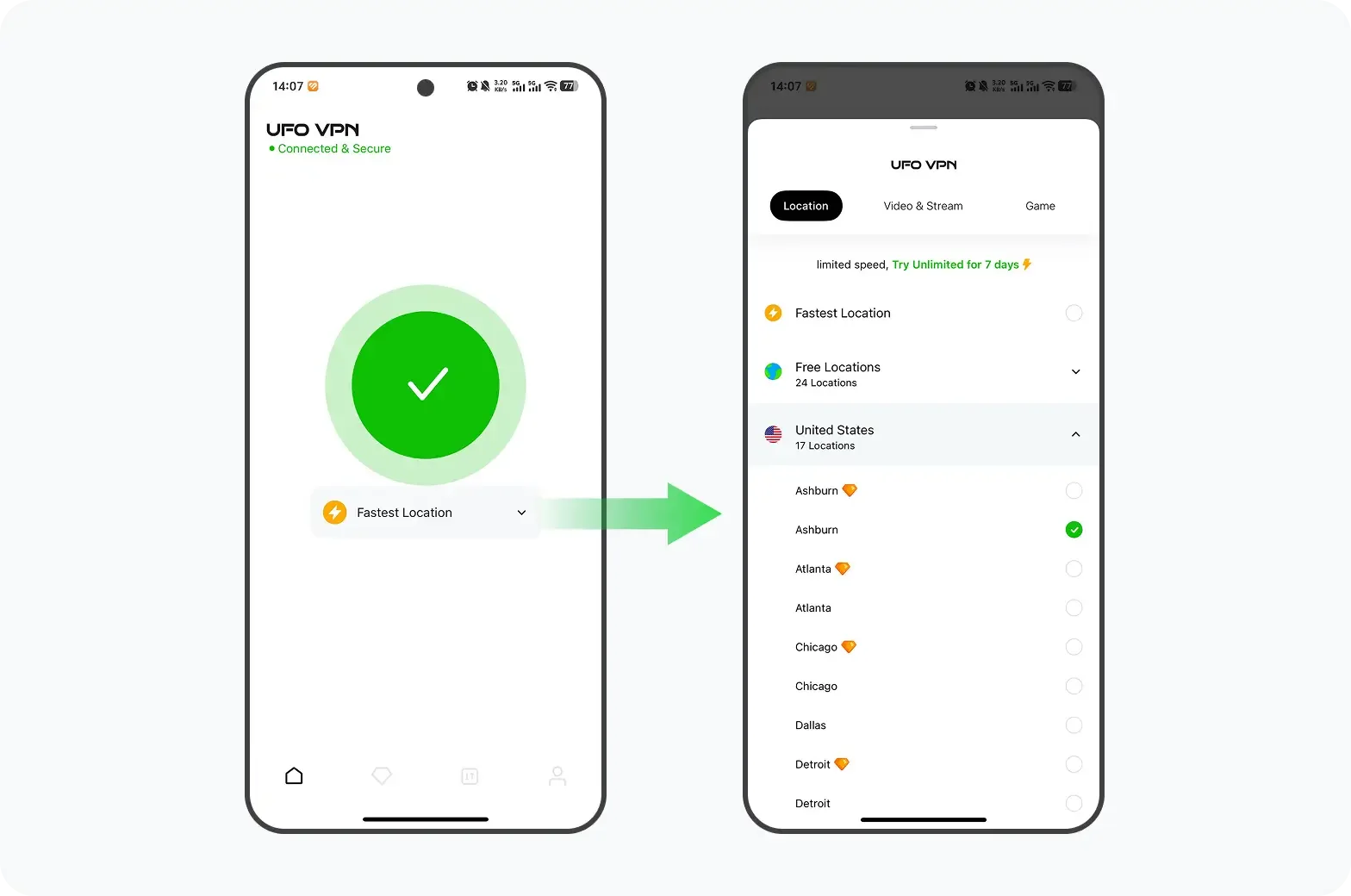
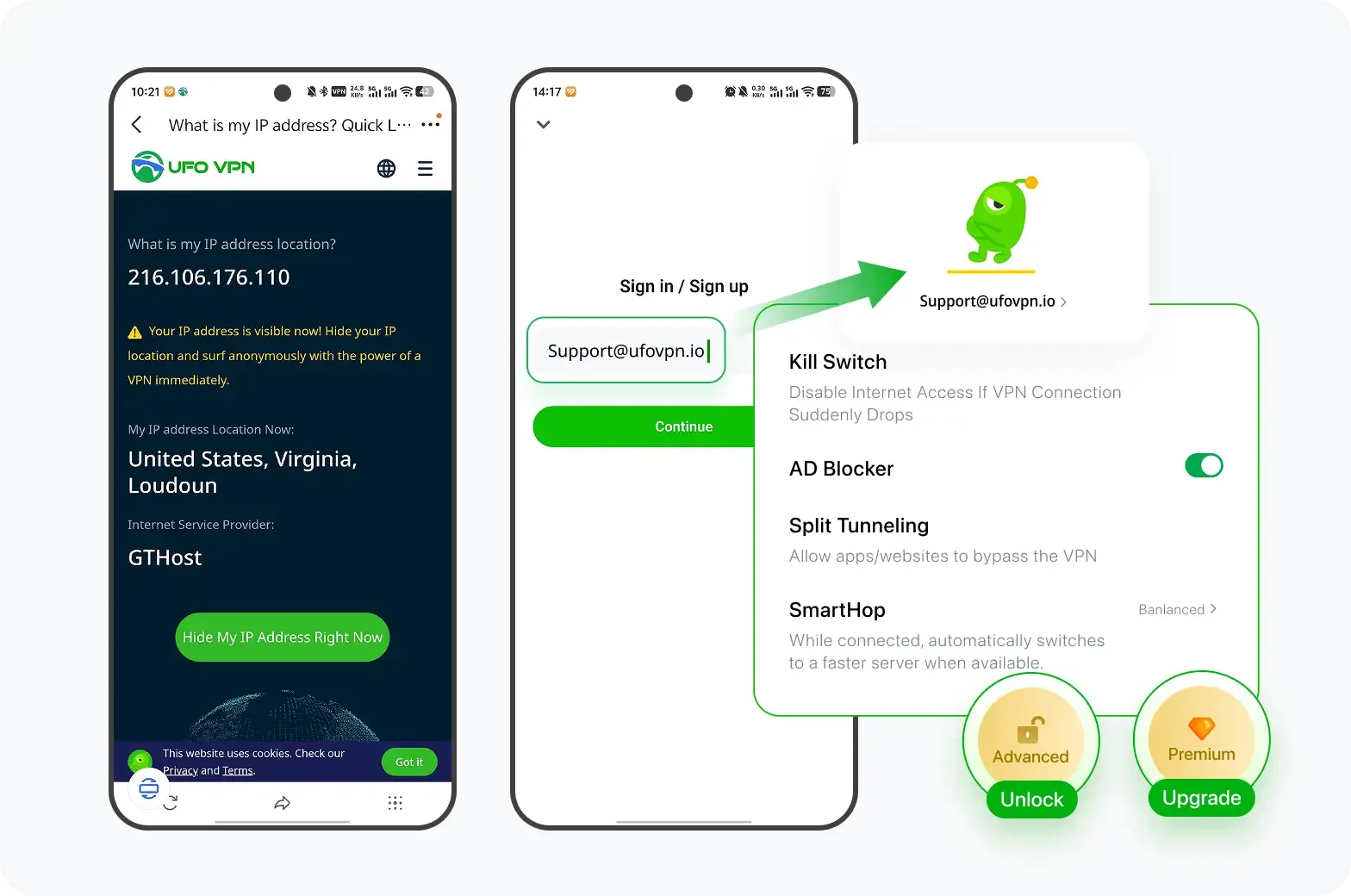
What to do if you responded Nigerian Prince scam
If the Nigerian Prince scam already pulled you in, move fast:
-
Stop contact immediately. Don’t explain; don’t negotiate.
-
Preserve evidence. Save emails, headers, attachments, usernames, wallet addresses, and payment receipts tied to the Nigerian Prince scam.
-
Notify your bank/card issuer. Request chargebacks, freeze cards, and monitor new transactions.
-
Reset credentials. Change email and financial passwords; revoke sessions; rotate recovery info.
-
Enable/upgrade 2FA. Use an authenticator app; save backup codes securely.
-
Report it. File reports with local cybercrime/consumer agencies and the platforms used; your report helps shut down the Nigerian Prince scam infrastructure.
-
Scan devices. If you opened suspicious files, run reputable security scans and update your OS.
FAQs
Is the Nigerian Prince scam still a thing?
Yes. The Nigerian Prince scam remains active because it’s easy to mass-send and cheap to run. Today it also appears via texts and DMs—not only email.
Why do scammers ask for small fees first?
It’s classic advance-fee psychology. The Nigerian Prince scam uses tiny payments to build commitment, then escalates costs (“tax,” “legal,” “conversion”).
Can a VPN stop the Nigerian Prince scam?
A VPN—like UFO VPN—secures your connection (especially on public Wi-Fi) while you verify claims, but it doesn’t make offers legitimate. Treat the Nigerian Prince scam as social engineering, not a network problem.
What if the documents look official?
Forgeries are common in the Nigerian Prince scam. Verify independently with the named institution using contact info from its real website, not the email.
I sent money—can I get it back?
Sometimes. Contact your bank or card issuer at once; chargebacks are possible for card payments. Crypto/gift cards are hard to recover. Keep all Nigerian Prince scam evidence to support your case.
How do I block future attempts?
Use spam filters, block senders, and avoid posting contact info publicly. If you must read suspicious mail on public networks, keep UFO VPN on and never click attachments from unknown senders.

